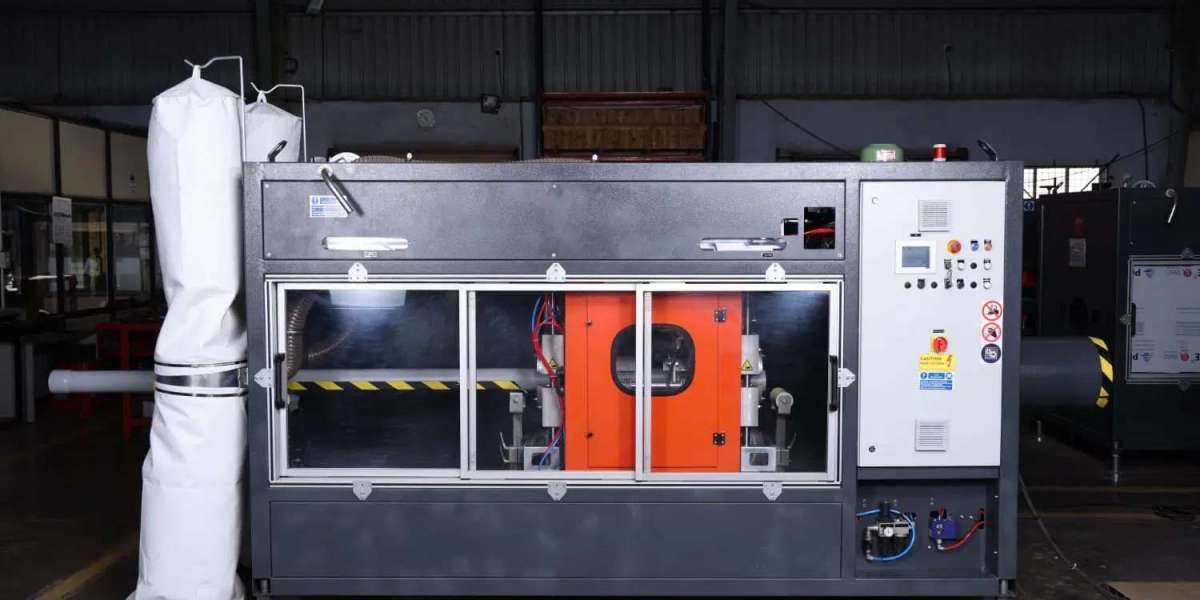In recent years, shisha lounges have emerged as vibrant social hubs, playing a significant role in the social fabric of many communities worldwide. These establishments, characterized by their relaxed atmosphere and communal vibe, provide a unique space where people gather to share conversations, build connections, and unwind. The growing popularity of shisha lounges reflects a shift in modern social culture, where traditional practices are seamlessly integrated with contemporary lifestyles. In this blog, we explore the multifaceted role of shisha lounges in today’s society, delving into their cultural significance, social dynamics, and their influence on modern urban life.
A Brief History of Shisha Culture
Shisha, also known as hookah or waterpipe, has a rich history that dates back centuries. Originating in the Middle East and South Asia, shisha smoking has traditionally been a communal activity that symbolizes hospitality and social bonding. The practice spread to various parts of the world, gaining popularity in Europe, the Americas, and Asia.
Traditionally, shisha smoking was associated with leisurely gatherings in homes or specialized cafes. Today, modern shisha lounges have adapted the cultural essence of this practice, merging it with contemporary aesthetics and amenities to cater to diverse demographics. These lounges often serve as a bridge between tradition and modernity, preserving the cultural heritage of shisha while adapting to the preferences of younger, urbanized populations.
Shisha Lounges as Social Hubs
1. Fostering Community and Connection
At their core, boss shisha lounges are about bringing people together. The communal nature of sharing a shisha pipe encourages interaction and conversation, making these spaces ideal for fostering relationships. Whether it’s friends catching up after work, couples on a date, or strangers bonding over shared interests, shisha lounges create an environment that encourages genuine connection.
Unlike fast-paced environments like nightclubs, shisha lounges are typically more relaxed, offering a space for meaningful dialogue. The cozy ambiance, often enhanced by dim lighting, comfortable seating, and soothing music, promotes a sense of intimacy and camaraderie among patrons.
2. A Space for Cultural Exchange
In multicultural cities, shisha lounges serve as melting pots of diverse cultures. People from various backgrounds gather in these spaces, exchanging ideas, stories, and traditions. The cultural diversity of shisha lounges is often reflected in their decor, music, and menu offerings, which frequently include elements from Middle Eastern, Mediterranean, and South Asian cuisines.
This cultural exchange fosters understanding and unity, making shisha lounges important venues for bridging cultural gaps. For many patrons, visiting a shisha lounge is not just about enjoying the experience but also about immersing themselves in a global culture.
3. Alternative Nightlife Experience
For those seeking alternatives to loud bars and crowded nightclubs, shisha lounges offer a refreshing option. They provide a more laid-back atmosphere where patrons can relax without the pressure of high-energy environments. This makes shisha lounges particularly appealing to individuals who value intimate social settings over the chaos of traditional nightlife.
Moreover, many shisha lounges incorporate live music, poetry readings, or other forms of entertainment, creating a versatile space that caters to various interests. This blend of relaxation and entertainment enhances their appeal to a broad audience.
The Modern Appeal of Shisha Lounges
1. Aesthetic and Atmosphere
Modern shisha lounges are designed with aesthetics in mind, often featuring trendy interiors that appeal to young, urban patrons. Instagram-worthy decor, from intricate mosaics to lush greenery, has become a hallmark of many shisha lounges. These visually appealing spaces not only enhance the overall experience but also contribute to their popularity on social media, driving foot traffic and creating a buzz.
2. A Diverse Menu
Beyond shisha, many lounges offer an extensive menu of food and beverages, including mocktails, teas, and exotic dishes. This diverse culinary offering makes shisha lounges a destination for food enthusiasts as well as socializers. Some lounges even cater to health-conscious patrons by offering herbal or tobacco-free shisha options, broadening their appeal.
3. Accessibility and Inclusivity
One of the defining features of modern shisha lounges is their inclusivity. Unlike exclusive clubs or upscale restaurants, shisha lounges are often accessible to a wide range of people, regardless of age, ethnicity, or social status. This inclusivity enhances their role as spaces for community building and social integration.
Challenges Facing Shisha Lounges
Despite their popularity, shisha lounges face several challenges, including regulatory restrictions and health concerns. In many countries, smoking bans and strict licensing requirements have impacted the operation of shisha lounges. Additionally, concerns about the health risks associated with shisha smoking have led to increased scrutiny.
To address these challenges, many lounges have adopted innovative approaches, such as offering smoke-free shisha charcoal alternatives or emphasizing the cultural and social aspects of their business. By focusing on creating a holistic experience that extends beyond smoking, shisha lounges can continue to thrive while addressing societal concerns.
The Future of Shisha Lounges in Social Culture
As urban lifestyles evolve, so too will the role of shisha lounges. With increasing globalization and technological advancements, these spaces are likely to become even more dynamic and innovative. Virtual reality lounges, hybrid spaces combining shisha with coworking facilities, and eco-friendly initiatives are just a few examples of how the industry might adapt to changing trends.
Moreover, as younger generations place greater emphasis on experiences, shisha lounges are well-positioned to cater to this demand. By creating memorable, immersive experiences, these establishments can continue to attract a loyal and diverse clientele.
Conclusion
Shisha lounges play a vital role in modern social culture, offering a unique blend of tradition and contemporary lifestyle. As spaces that foster connection, cultural exchange, and relaxation, they have become integral to urban life, especially in multicultural societies. While challenges remain, the adaptability and creativity of shisha lounge operators suggest a promising future for this industry.
In a fast-paced, increasingly digital world, the communal essence of shisha lounges reminds us of the importance of human connection. Whether it’s through shared conversations, cultural appreciation, or simply enjoying a moment of tranquility, these spaces enrich the social fabric of our communities, making them much more than just places to smoke shisha.








